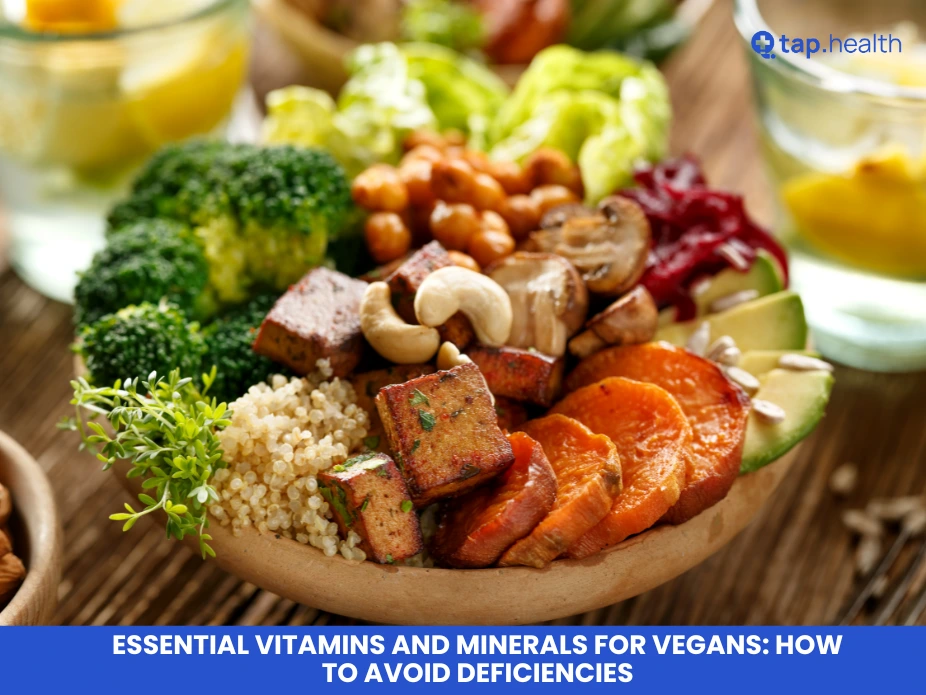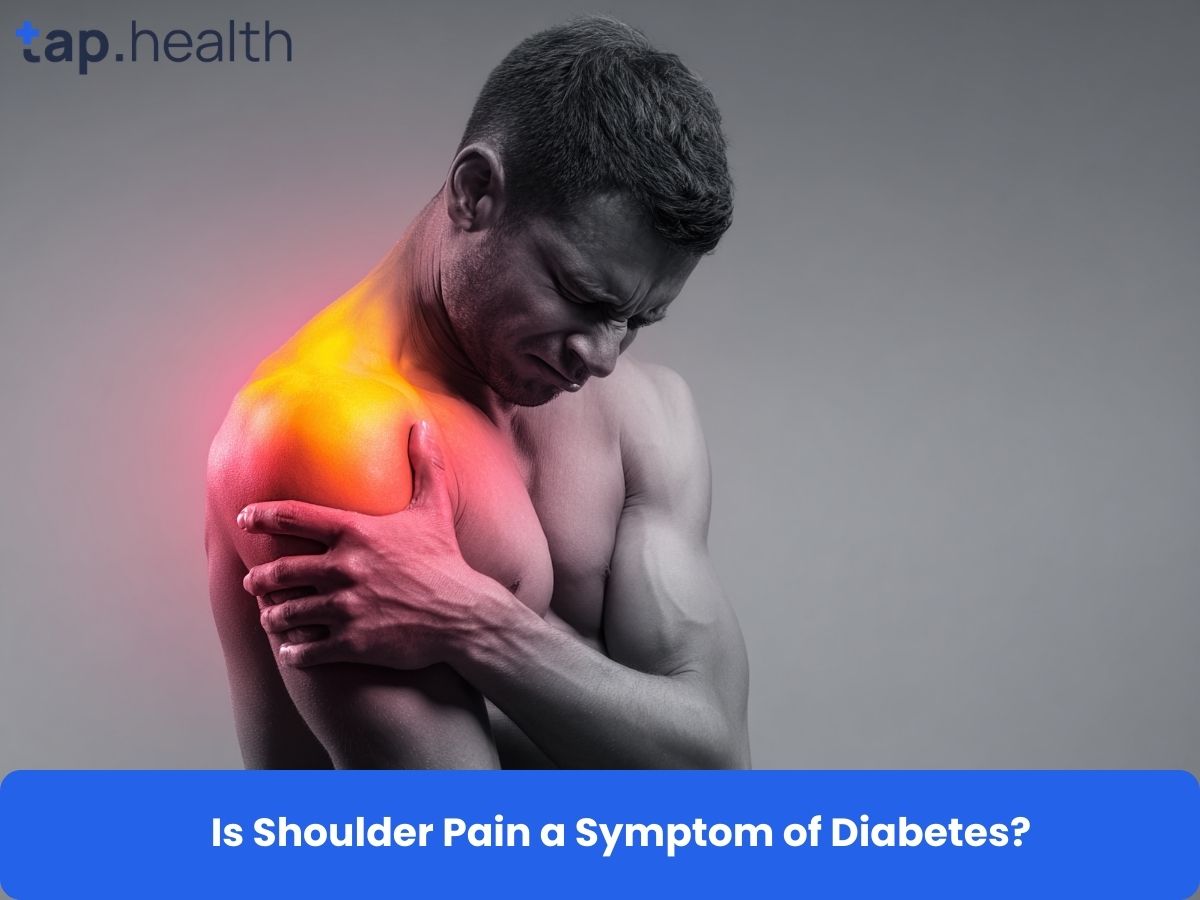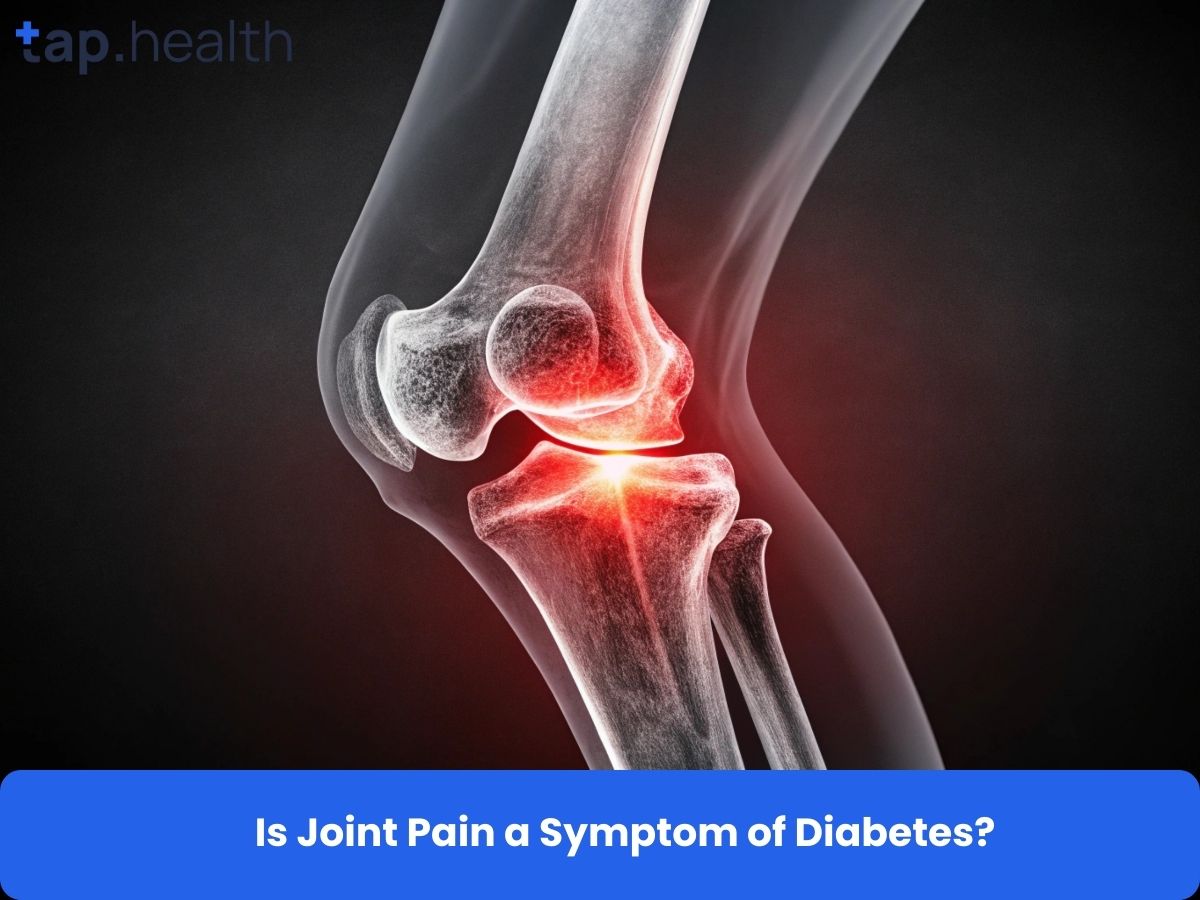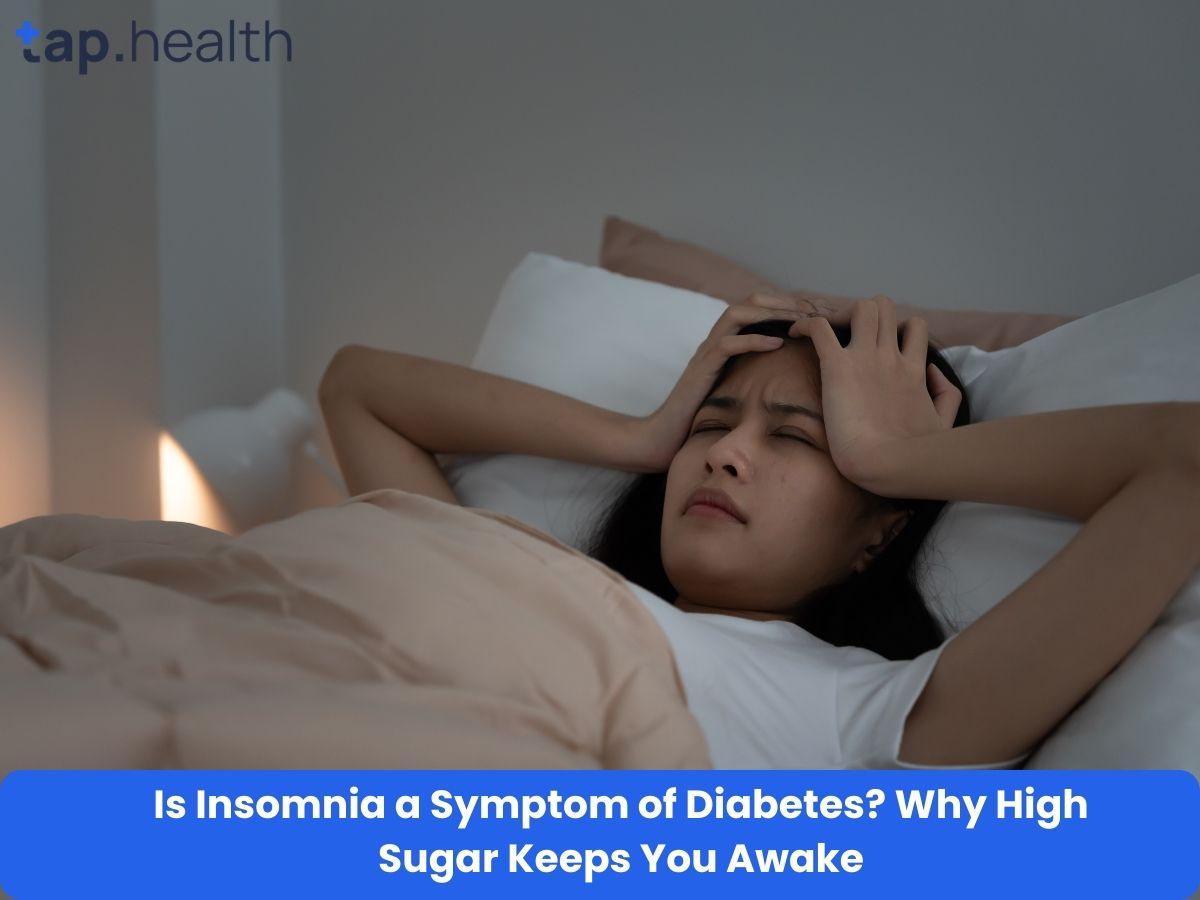What Are Essential Vitamins and Minerals for Vegans?
Vegans need key nutrients like Vitamin B12, Vitamin D, iron, calcium, omega-3 fatty acids, zinc, iodine, Vitamin A, Vitamin K2, and selenium. These support energy, bones, immunity, and thyroid health. A planned vegan diet prevents deficiencies common without animal products.
Q: Why do vegans risk nutrient deficiencies?
A: Animal foods provide B12, D, and omega-3s naturally; vegans rely on fortified foods, plants, or supplements.
How to Get Vitamin B12 in Vegan Diet?
Vitamin B12 aids red blood cells and nerves. Vegans must use fortified cereals, plant milks, nutritional yeast, or supplements. Deficiency causes fatigue and anemia.
Q: What are vegan B12 sources and supplements?
A: Fortified foods daily; 250 mcg supplement weekly prevents issues, per Journal of Nutrition.
Real Scenario: Emma, fatigued vegan, added B12 supplements and fortified items—energy boosted in weeks.
Best Plant-Based Vitamin D Sources for Vegans
Vitamin D supports bones and immunity. Get from fortified milks, cereals, sunlight, or supplements, especially in low-sun areas.
Q: How to avoid Vitamin D deficiency on vegan diet?
A: 600-2000 IU supplement daily in winter; American Journal of Clinical Nutrition recommends for limited exposure.
Expert: Dr. Michael Lee advises fortified milks and supplements for bone health.
Top Vegan Iron Sources and Absorption Tips
Iron transports oxygen. Sources: lentils, chickpeas, quinoa, spinach, pumpkin seeds. Pair with Vitamin C (citrus) for better absorption.
Q: How to boost iron absorption in plant-based diet?
A: Eat with oranges or peppers; Nutrients journal shows this maintains levels.
Scenario: Athlete David combined iron-rich foods with C sources—stable energy.
Calcium-Rich Foods for Vegan Bone Health
Calcium builds bones. Choose fortified plant milks, tofu, kale, broccoli, almonds.
Q: Can vegans meet calcium needs without dairy?
A: Yes, 1000 mg daily from plants; Journal of American College of Nutrition confirms efficacy.
Omega-3 Fatty Acids Vegan Sources and Supplements
Omega-3s reduce inflammation. ALA from flaxseeds, chia, walnuts; EPA/DHA from algae supplements.
Q: What are best vegan omega-3 supplements?
A: Algae-based for heart/brain; Frontiers in Nutrition stresses EPA/DHA.
Expert: Dr. Emily Davis recommends flax and algae for athletes.
Zinc for Vegan Immune Support
Zinc heals wounds and boosts immunity. Sources: pumpkin seeds, lentils, quinoa.
Q: How to get enough zinc on vegan diet?
A: Variety of legumes/seeds; American Journal of Clinical Nutrition says possible without excess.
Scenario: Teacher Sarah added zinc foods—fewer illnesses.
Iodine Sources to Prevent Thyroid Issues in Vegans
Iodine regulates metabolism. Use iodized salt, seaweed, or supplements.
Q: Why is iodine important for vegan thyroid health?
A: Prevents goiter; Thyroid journal advises monitoring intake.
Expert: Dr. Robert Harris suggests sea veggies balanced.
Vegan Vitamin A from Beta-Carotene Foods
Vitamin A for vision/immunity. Carrots, sweet potatoes, spinach convert beta-carotene.
Q: How do vegans get Vitamin A without animal sources?
A: Colorful veggies; Journal of Nutrition supports regular intake.
Vitamin K2 Vegan Sources for Bones and Heart
K2 directs calcium. Natto, sauerkraut, supplements.
Q: What are plant-based Vitamin K2 options?
A: Fermented foods; Bone journal links to density.
Selenium-Rich Foods for Vegan Antioxidant Protection
Selenium fights oxidation. Brazil nuts (1-2 daily), sunflower seeds.
Q: How to avoid selenium deficiency in vegans?
A: Moderate nuts; Journal of Trace Elements notes soil variance.
Real-Life Vegan Nutrient Success Stories
Emma fixed B12 fatigue with supplements. David maintained bones via calcium/D. Sarah strengthened immunity with zinc/selenium.
Expert Tips on Vegan Nutrition Planning
Dr. Laura Thompson: B12 supplements essential. Dr. Michael Lee: Pair calcium/D. Dr. Emily Davis: Algae omega-3. Dr. Robert Harris: Iodized sources.
Evidence-Based Strategies to Avoid Deficiencies
- Fortified Foods: B12 cereals, D milks.
- Supplements: B12 daily, D winter, omega-3 algae.
- Whole Foods: Iron lentils + C, zinc seeds.
- Meal Balance: Diverse plates.
- Monitoring: Annual blood tests.
- Education: Read reputable sources.
Sample Vegan Meal Plan for Nutrient Coverage
Breakfast: Oats with fortified milk, flax, banana. Lunch: Chickpea salad, greens, tahini. Dinner: Tofu stir-fry, broccoli, quinoa. Snacks: Apple/almond butter, Brazil nuts, hummus carrots.
FAQ: Common Questions on Vegan Vitamins and Minerals
Q: Do vegans need supplements for B12 and D?
A: Yes, often; prevents anemia, weak bones.
Q: Best iron-rich vegan foods with absorption enhancers?
A: Beans/spinach + citrus.
Q: Vegan calcium alternatives to milk?
A: Fortified tofu, kale.
Q: Algae vs flax for omega-3 in vegans?
A: Algae for direct EPA/DHA.
Q: Signs of zinc or iodine deficiency in vegans?
A: Weak immunity, fatigue; test levels.
Q: How often check vegan nutrient blood levels?
A: Yearly, or if symptoms.
Q: Vegan K2 from fermentation?
A: Natto/sauerkraut.
Q: Selenium safety with Brazil nuts?
A: 1-2 nuts daily max.
Q: Vitamin A conversion from plants?
A: Efficient with varied veggies.
Building a Deficiency-Proof Vegan Lifestyle
Vary foods, fortify, supplement wisely. Monitor via tests. Benefits: Lower disease risk with vitality.



